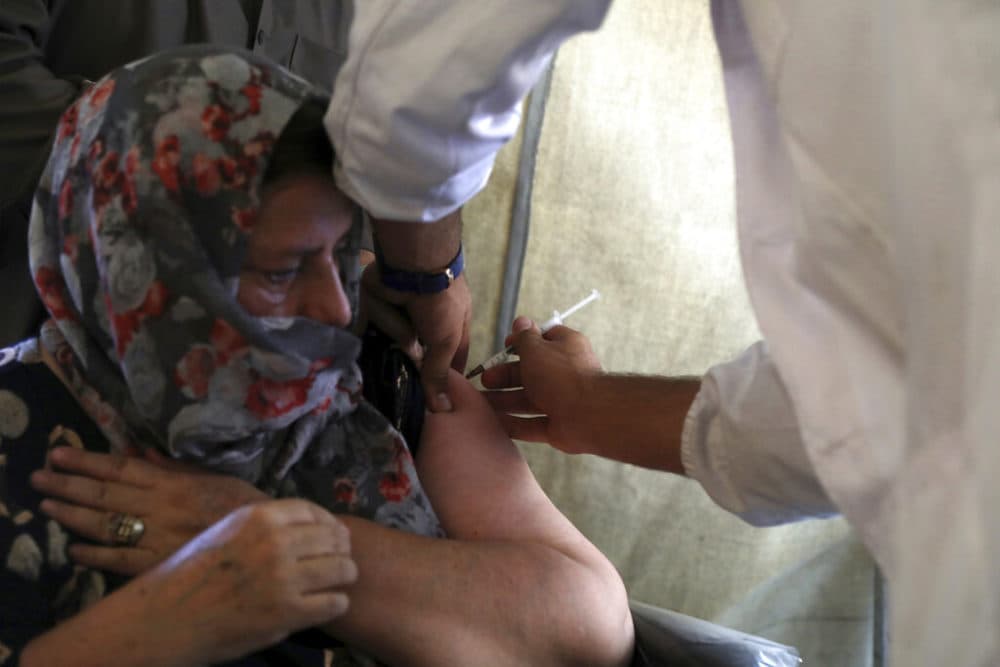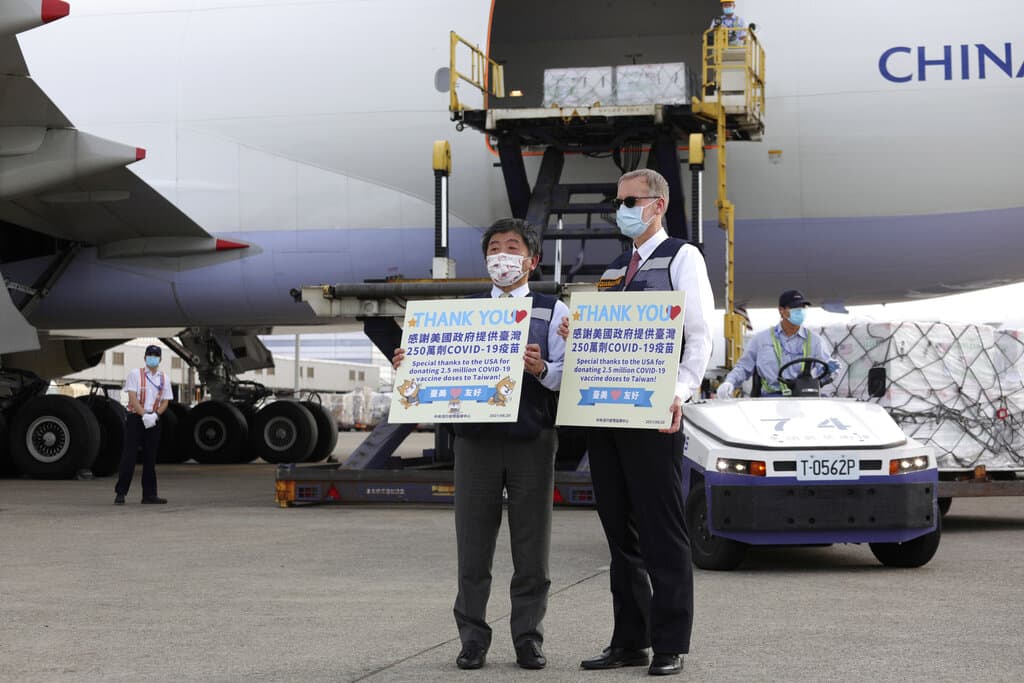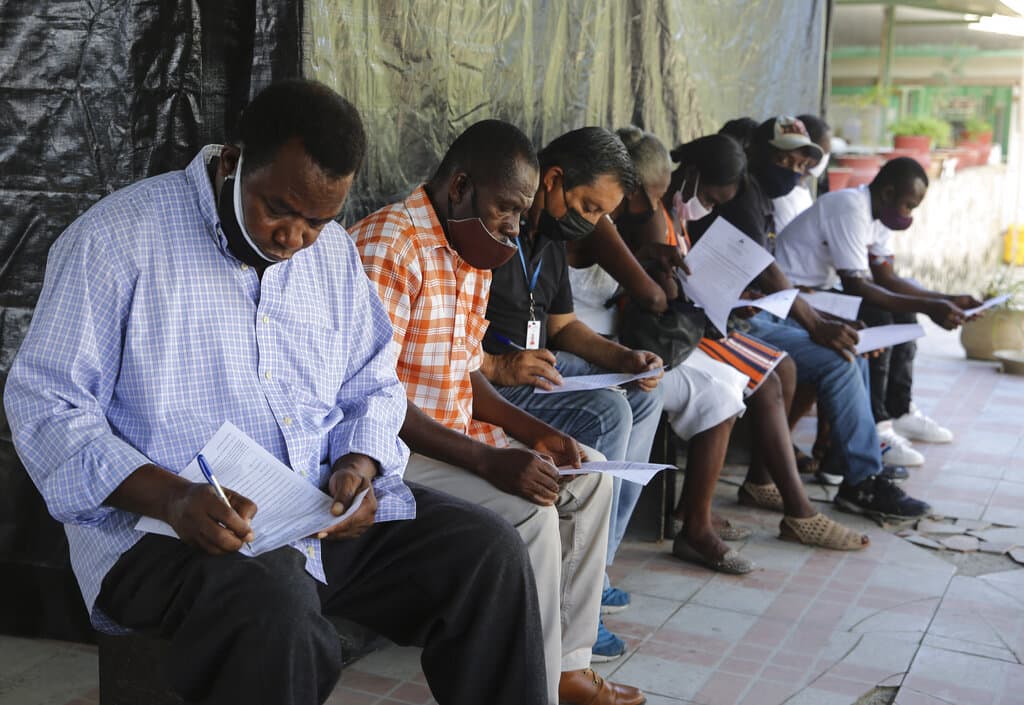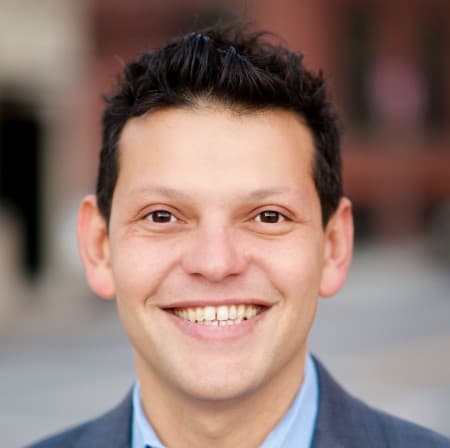Advertisement
Commentary
Donating Vaccines Overseas Isn’t Enough. We Need To Make Sure They Get Into Arms

In June, President Biden announced the U.S. will donate approximately 500 million COVID-19 vaccines to nearly 100 countries through COVID-19 Vaccines Global Access (COVAX). The White House characterized the donation as a “historic” measure that has “positioned us to lead the world in the fight against the virus.”
Hold the fanfare.
To be clear: Vaccines save lives, so all vaccine donations are applaudable. It is the process, however, that invites scrutiny.
We must avoid the temptation to treat vaccine unavailability as an opportunity for expanding American political influence or economic interests. We must also ensure fair, equitable and transparent vaccine distribution in countries that are receiving American vaccines. Finally, we have a moral obligation to share vaccine accoutrements and technology, including ventilators and research.
First, vaccine donations are public health — not diplomatic — measures. We must avoid the tendency to leverage vaccine donations as part of carrot-and-stick diplomacy. In the midst of mass death and disease on a global scale, we should focus on ensuring equitable access to vaccines instead of politicizing vaccines.

The nationalistic overtones dripping from official U.S. announcements about vaccine donations evince our willingness to leverage vaccines for political ends. For example, the U.S. employed vaccine donations to signal to China our support of Taiwanese sovereignty, sending Taiwan three times the number of promised vaccines. The exclusion of certain countries, such as Venezuela, from the list of vaccine recipients also illustrates the improper politicization of vaccine access. Large swathes of people who are stateless, incarcerated or in conflict zones also remain unreached. If we are donating the vaccines, we need to ensure that people in politically or geographically isolated communities are not excluded. Withholding vaccine donations for political reasons is not humane diplomacy because it places the cost of politics on human lives.
Second, we must avoid discrimination in vaccine distribution. It’s troubling that the U.S. government is not exercising meaningful oversight and accountability over what happens to vaccines after they are donated. We are already seeing problematic dynamics unfolding in recipient countries. Deliberate and intentional vaccine deprivation is alarmingly common — and it makes Americans complicit in discrimination.
For example, Costa Rica received half a million vaccines, but it has imposed an ID requirement effectively barring undocumented immigrants from receiving vaccines. In a country where immigration issues are deeply polarizing, the exclusion of undocumented people from vaccination efforts plays well politically in anti-immigrant circles. But the exclusion of immigrants is just the tip of the iceberg. We also need to be especially vigilant for blatant discrimination against women; racial, ethnic and religious minorities; LGBTQ+ people; low-income and rural families; and people with disabilities.

When it comes to public health, inequity produces inefficacy. Distributing vaccines in a way that leaves out marginalized and vulnerable populations exacerbates COVID-19 infection and illness — including the emergence of new deadly variants. It also reinforces socioeconomic stratification because excluded groups have to choose between life-threatening exposure and safety.
The U.S. must take the appropriate measures to make sure vaccines are distributed fairly and equitably. This includes ensuring that vaccine distribution does not become a tool to coerce or consolidate power, particularly in countries that are corrupt or fragmented. Since our goal is universal immunization, we need to rebuke all forms of exclusion. We also need to ensure full transparency and fairness in vaccine distribution as part of our donation strategy.
Finally, we must donate solutions, not just vaccines. Vaccine donation alone does not satisfy the comprehensive health and medical needs across the world in the wake of the pandemic. These needs fall along a broad spectrum, from insufficient infrastructure to accept vaccine donations to a lack of basic medical supplies.
For example, Nicaragua cannot afford the high cost of storing the Pfizer vaccine at -70C. Operational costs have also forced several African countries to throw out much-needed, scarce vaccine doses due to expiration. Other countries are facing delays in receiving and administering their doses because they need help meeting manufacturer requirements and organizing distribution.
The best way to reduce waste and improve public health outcomes is to provide more than just vaccines. We need to provide meaningful technical and logistical assistance. This is particularly true in places such as Haiti, where a political vacuum exists and there are no clear vaccine distribution plans.
We also need to provide medical supplies, especially as hospitals across the globe are reporting a severe lack of oxygen and ventilators, with countless patients dying in India and other countries, just minutes before the equipment arrives (if supplies arrive at all). We have a moral obligation to fill these resource gaps.
To be sure, deepening our COVID-19 engagements abroad may be burdensome to American taxpayers, but the risks — and consequences — of deadly new variants far outweigh the costs.
Taking a victory lap after shipping vaccines abroad is the equivalent of tossing a spare life vest from a ship deck to a drowning crowd. It does not ensure equitable distribution, nor does it equip recipients to prevent future disaster. We must donate vaccines and viable solutions.

